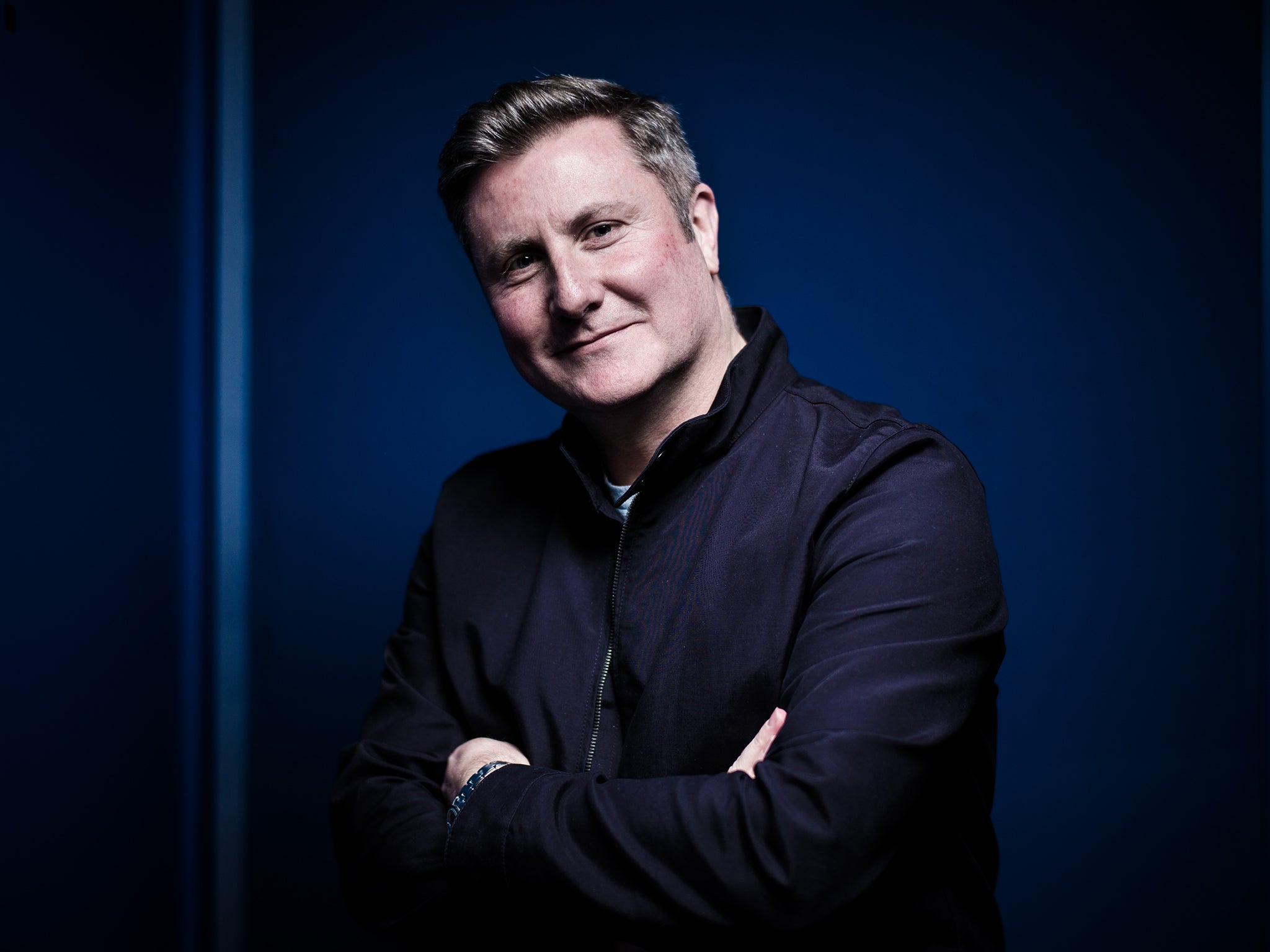#1MillionHours: BBC to ally with UK's biggest charities to create hundreds of thousands of volunteers
The scheme will involve partnering with the charities Age UK, Barnardo’s, Cancer Research UK and Oxfam

Your support helps us to tell the story
From reproductive rights to climate change to Big Tech, The Independent is on the ground when the story is developing. Whether it's investigating the financials of Elon Musk's pro-Trump PAC or producing our latest documentary, 'The A Word', which shines a light on the American women fighting for reproductive rights, we know how important it is to parse out the facts from the messaging.
At such a critical moment in US history, we need reporters on the ground. Your donation allows us to keep sending journalists to speak to both sides of the story.
The Independent is trusted by Americans across the entire political spectrum. And unlike many other quality news outlets, we choose not to lock Americans out of our reporting and analysis with paywalls. We believe quality journalism should be available to everyone, paid for by those who can afford it.
Your support makes all the difference.The BBC is to form an unprecedented alliance with some of Britain’s biggest charities in an attempt to convert the so-called “selfie generation” into an army of hundreds of thousands of volunteers.
The plan, to be unveiled next week, will seek to persuade 250,000 millennials to each give up eight hours of their time to volunteer work, such as staffing charity shops and fundraising events, aiding cancer victims, refugees and the elderly.
The #1MillionHours scheme will involve BBC Radio1 and 1Xtra partnering with the charities Age UK, Barnardo’s, Cancer Research UK and Oxfam for the whole of 2016. It is highly unusual for the BBC to align itself with outside organisations and promote them on air.
The BBC hopes to expand the idea into a BBC-wide campaign for volunteering across all age groups and working with other organisations from 2017.
Ben Cooper, head of BBC Radio 1 and 1Xtra, described the venture as “the biggest social action” project in the network’s 48-year history.
“They are characterised as the ‘selfie generation’ that are only interested in how they look on their mobile phone and don’t enter into conversation because they have their head down looking at a screen,” he said. “But the young people I meet for our outreach work are positive about changing their lives, their friends’ lives and those of their communities.”
Join our commenting forum
Join thought-provoking conversations, follow other Independent readers and see their replies
Comments